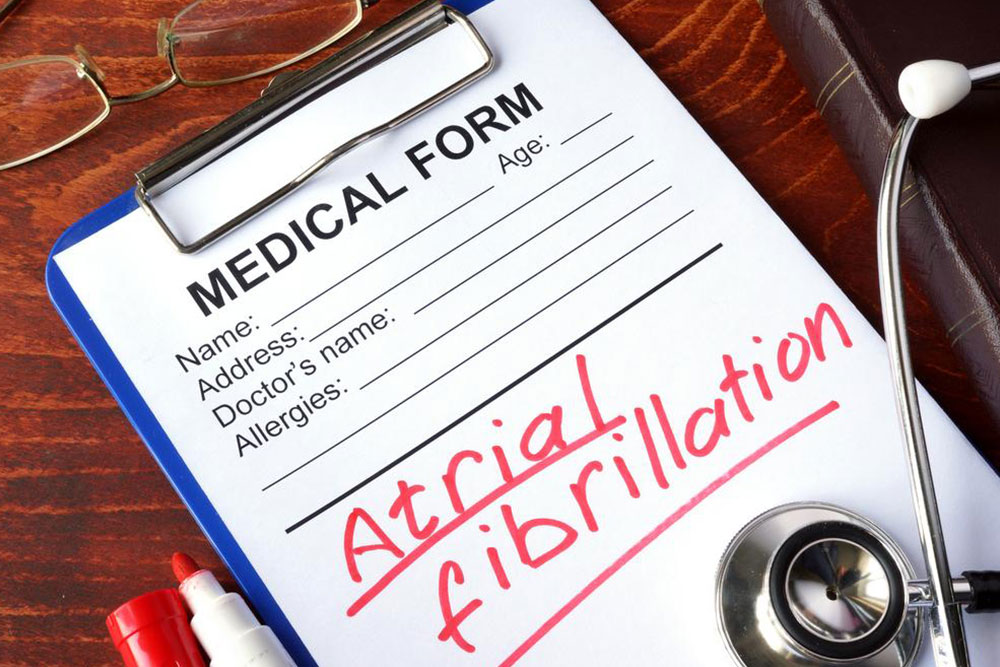The Hidden Link Between Atrial Fibrillation and Stroke Risk
Discover the often-overlooked connection between atrial fibrillation (Afib) and stroke risk. This article explains how Afib impacts heart functioning and blood flow to the brain, increasing the chance of stroke. Learn about preventive measures such as lifestyle modifications, managing underlying health conditions, and medication adherence to reduce the risk of Afib-related strokes. Recognizing this critical link can help you take proactive steps for better heart and brain health.

The Hidden Link Between Atrial Fibrillation and Stroke Risk
Did you know that an irregular heartbeat may significantly increase your chances of having a stroke?
While many associate strokes with high blood pressure, a less known but more impactful risk factor is Atrial Fibrillation (Afib). Individuals with Afib are five times more likely to experience a stroke compared to those without it, whereas high blood pressure doubles the risk. Afib affects the heart's rhythm, leading to blood pooling and clot formation, which can travel to the brain and cause a stroke. Recognizing and managing Afib is crucial for stroke prevention.
Connection Between Heart Rhythm and Brain Health
The brain relies on a steady flow of blood and oxygen to function properly. A stroke occurs when an artery either bursts or becomes blocked, cutting off blood supply. High blood pressure damages arteries over time, increasing the risk of rupture or blockage, especially in the brain. Similarly, Afib causes irregular heartbeats, leading to blood clots that can travel to the brain and cause a stroke. Both conditions compromise cerebral blood flow, elevating stroke risk.
As with high blood pressure, Afib damages arteries through irregular stress on vessel walls, leading to rupture or clot formation. While millions suffer from high blood pressure, a smaller but more potent risk comes from Afib, which significantly increases stroke likelihood. The two conditions often coexist, especially in middle-aged adults, further heightening the risk. Preventative measures like lifestyle changes, controlling blood pressure, and medication adherence can reduce the likelihood of an Afib-related stroke.
Preventive Strategies for Afib-Related Stroke
Managing Afib and high blood pressure is vital for stroke prevention. Identifying underlying causes such as hyperthyroidism, sleep apnea, or lifestyle factors helps control Afib. Quitting smoking, moderating alcohol and stimulant intake, maintaining a healthy weight, exercising regularly, and monitoring blood pressure all contribute to reducing risk. Medication as prescribed by healthcare providers plays an essential role in managing these conditions effectively.










